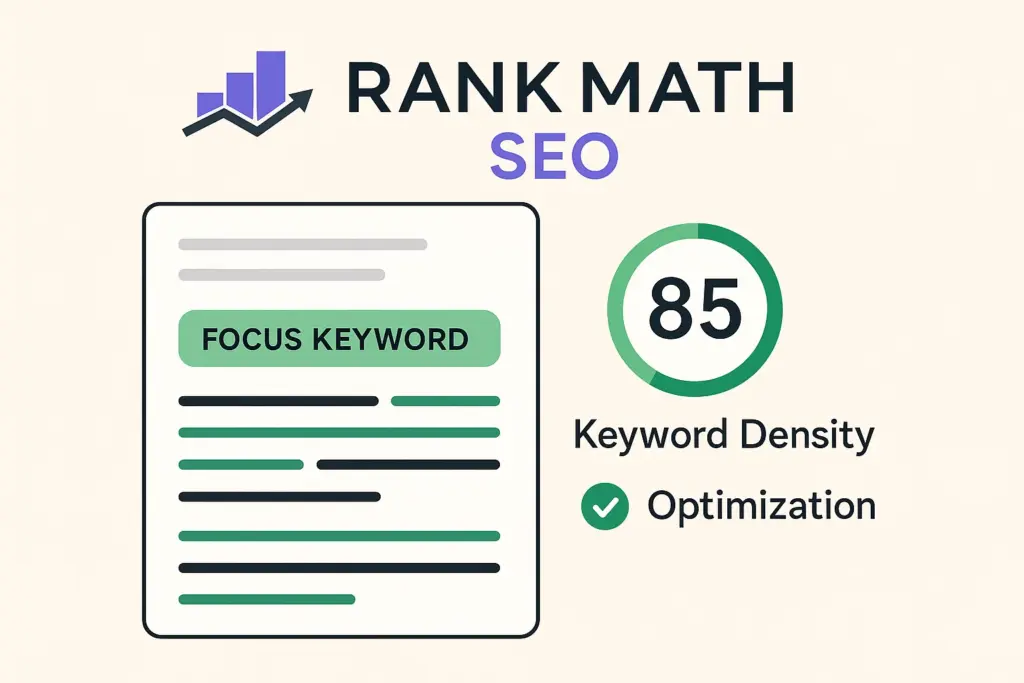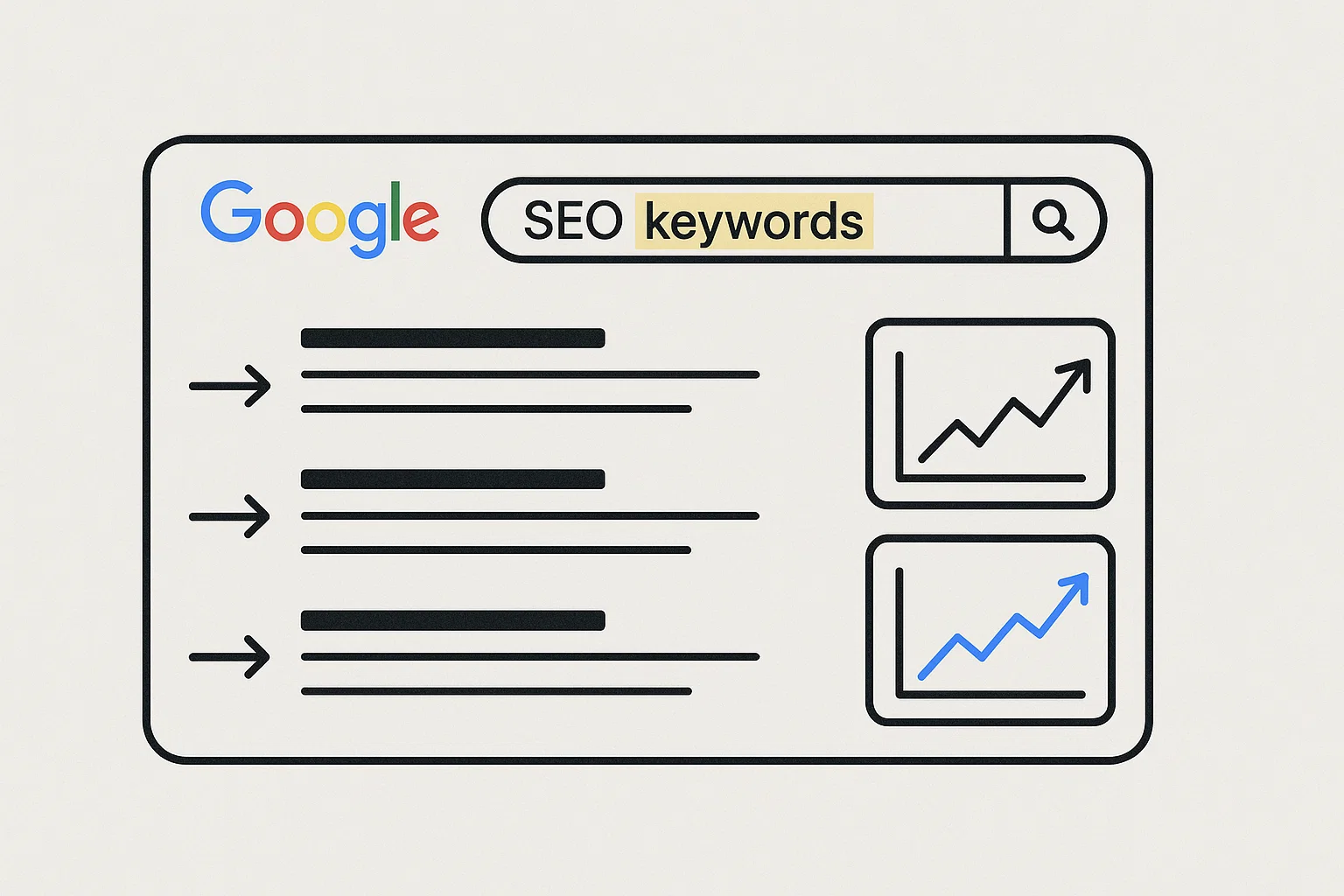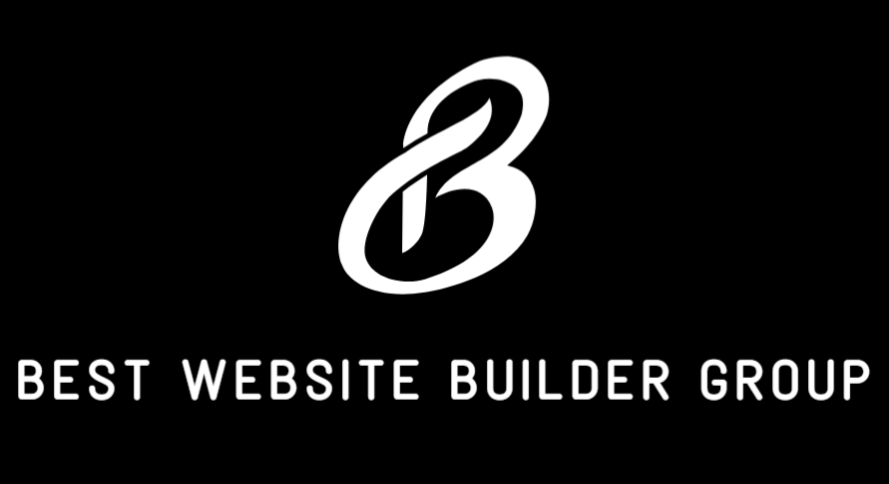One of the most common questions business owners ask when optimizing their websites is: how many SEO keywords should I use? Keywords remain the foundation of search engine optimization, but using them correctly requires balance. Too few keywords can limit visibility, while overusing them can trigger penalties from search engines. Google has become increasingly sophisticated, rewarding natural language and context rather than repetitive keyword stuffing. To succeed, businesses must know how to determine the right number of keywords for each page, how to apply them strategically, and how to follow established standards from tools like Yoast SEO and Rank Math. Understanding these guidelines helps maximize visibility without compromising user experience.

Why Keywords Still Matter
Before answering how many SEO keywords should I use, it’s essential to understand why keywords still play a central role. Keywords connect search intent with website content. When users type a query into Google, the search engine scans indexed pages to find the most relevant matches. While algorithms now focus on semantic understanding and context, keywords remain signals that guide results. A website offering WordPress Website Design services, for example, might target terms like “custom WordPress site” or “WordPress business websites” to capture relevant traffic. Proper keyword use increases the likelihood that the right audience discovers the right content.
Google’s Approach to Keywords
To better answer how many SEO keywords should I use, it helps to look at Google’s evolving approach. Early SEO often relied on stuffing as many keywords as possible into a page. Today, Google uses natural language processing and semantic indexing, which means it values context, synonyms, and topical relevance over raw repetition. Keyword density — the percentage of times a keyword appears relative to total words — still matters, but it is no longer the dominant factor. Instead, Google rewards pages that satisfy user intent with comprehensive, helpful, and readable content. This shift requires businesses to think less about exact counts and more about strategic usage.
Yoast SEO Standards
Many businesses using WordPress rely on Yoast SEO, which provides specific recommendations about keyword use. According to Yoast, the focus keyphrase should ideally appear in the following areas:
• The SEO title
• The first paragraph of the content
• At least one subheading
• The meta description
• Naturally throughout the body text
Yoast suggests that the focus keyphrase density should generally be between 0.5% and 3%. This means for a 1,000-word article, the keyphrase should appear roughly 5 to 30 times. However, Yoast emphasizes readability over strict counts. The tool also allows for related keyphrases and synonyms, encouraging more natural writing. For example, if targeting “how many SEO keywords should I use,” related phrases might include “keyword density” or “SEO keyword best practices.” Businesses working with professional SEO Services can ensure they follow these recommendations without sacrificing content quality.

Rank Math Standards
Rank Math, another popular SEO plugin, offers its own guidance on how many SEO keywords should I use. Like Yoast, Rank Math encourages the use of focus keywords in titles, meta descriptions, URLs, and throughout the content. It also evaluates LSI (Latent Semantic Indexing) keywords, which are contextually related terms that support the main focus. Rank Math assigns a keyword density score, typically recommending a density between 1% and 2.5%. For a 1,500-word article, this translates to using the main keyword about 15 to 37 times. The plugin also checks for keyword placement in alt text, links, and content length. These standards align with modern SEO’s emphasis on both optimization and user experience.
Balancing Keywords and Readability
In determining how many SEO keywords should I use, balance is key. Over-optimization can make content sound unnatural and potentially harm rankings. Both Yoast SEO and Rank Math emphasize that user experience should come first. Keywords should flow naturally within sentences rather than being forced. For instance, a business offering Ecommerce Website Design might target the phrase “ecommerce website optimization” but should ensure the surrounding text provides valuable information rather than repeating the keyword unnecessarily. Striking this balance improves both readability and SEO performance.

How to Choose the Right Number of Keywords
Answering how many SEO keywords should I use depends on page length, topic depth, and content goals. A short product page may focus on one or two primary keywords, while a long-form blog post can naturally incorporate a wider set of terms. The ideal strategy involves selecting one primary focus keyword and supporting it with several secondary keywords and related terms. For example, a guide about SEO optimization might include a primary keyword like “SEO optimization” and secondary terms such as “on-page SEO,” “technical SEO,” and “keyword research.” This approach avoids overstuffing while maximizing topic coverage.
Internal Linking and Keyword Strategy
Another aspect of how many SEO keywords should I use involves internal linking. Using keywords in anchor text helps connect related content across a website. For example, an article about keyword strategy might link to Technical SEO Services or WooCommerce Website Design. These internal links not only enhance navigation but also signal to search engines which pages are most important. Combining keyword strategy with internal linking strengthens the overall SEO structure of a site.
Examples of Good Keyword Usage
Consider a business offering Shopify Website Design. Instead of repeating the phrase “Shopify website design” dozens of times, the content could use variations such as “custom Shopify store,” “build a Shopify ecommerce website,” or “optimize Shopify design for SEO.” These variations reflect how users actually search and allow content to cover the topic comprehensively. Both Yoast and Rank Math encourage this type of natural variation rather than rigid repetition. By diversifying phrasing, businesses answer multiple search intents with a single page.
Outbound Insights on Keyword Strategy
For those researching how many SEO keywords should I use, there are several authoritative resources available. Google’s official SEO Starter Guide explains best practices around keyword usage and search intent. The Yoast SEO Keyphrase Guide provides detailed instructions for choosing and placing focus keyphrases. Rank Math’s Keyword Density Guide explores how its scoring system evaluates keywords. These external resources align with professional strategies to ensure businesses optimize effectively without overdoing it.

Why Keyword Strategy Is a Long-Term Effort
Finally, when considering how many SEO keywords should I use, it’s crucial to think long-term. Keyword trends change, competition evolves, and algorithms update regularly. What works today may require adjustments tomorrow. That’s why ongoing Website Maintenance and continuous monitoring are essential. Tracking keyword rankings, measuring traffic, and analyzing performance ensures strategies remain effective. SEO is not about finding a one-time formula but about evolving with digital landscapes to maintain visibility and growth.
Conclusion
So, how many SEO keywords should I use? The answer is not a single number but a balance of strategy, context, and readability. By following standards from Yoast SEO and Rank Math, businesses can optimize content effectively while avoiding keyword stuffing. Combining primary focus keywords with secondary and related terms, supported by strong internal linking, ensures both search engines and users find value. For businesses in Palm Bay, Florida, and Kirtland, Ohio, Best Website Builder Group offers professional SEO Services, Technical SEO Services, and expert WordPress Website Design to help websites maximize keyword strategies and long-term success.
